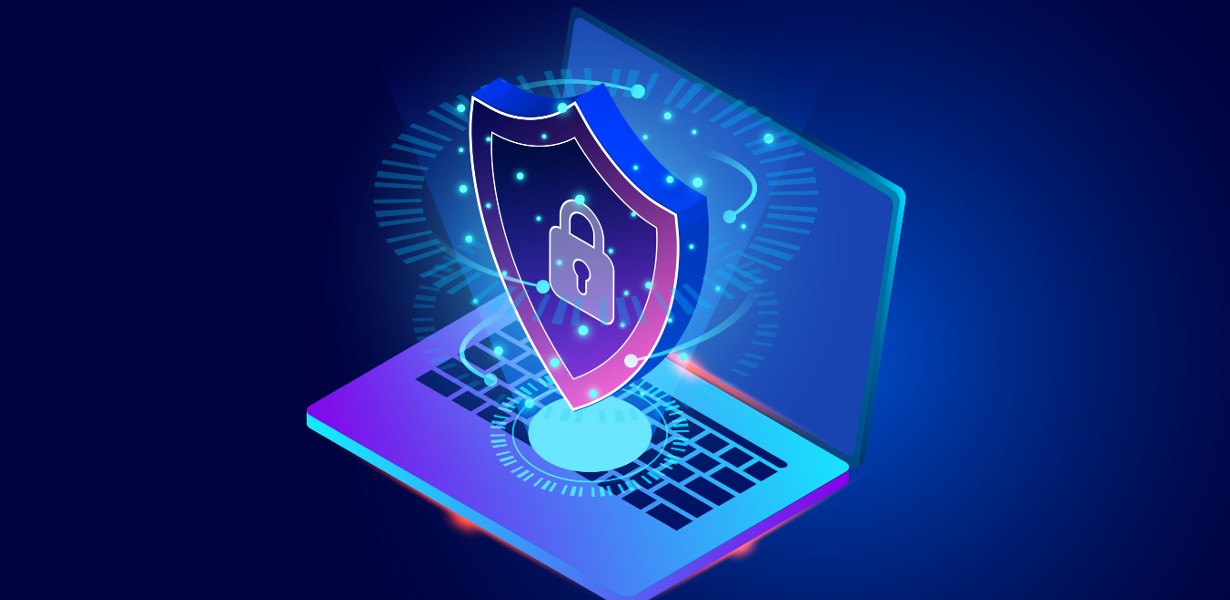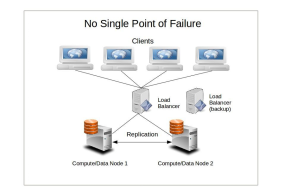
The digital landscape is ever-evolving, and with it comes a pressing need for security measures that can keep pace with the relentless advancements in technology. In this age of information, where data is the lifeblood of organizations, ensuring its integrity and confidentiality is paramount. “Security” isn’t just a buzzword; it’s a fundamental requirement for safeguarding sensitive information and maintaining trust in the digital realm. In this comprehensive exploration, we delve into the fascinating world of quantum security, a cutting-edge paradigm that promises to redefine the very foundations of digital protection.
Quantum Security: A Paradigm Shift
Traditional cryptographic methods have long been the bulwark against digital threats, relying on the difficulty of solving mathematical problems for encryption. However, the advent of quantum computing threatens to disrupt this status quo. Quantum computers possess unprecedented processing power, rendering many conventional encryption methods vulnerable. In response, quantum security emerges as the solution.
The Quantum Encryption Landscape
Quantum Key Distribution
One of the cornerstones of quantum security is Quantum Key Distribution (QKD). QKD employs the principles of quantum mechanics to generate keys that are immune to eavesdropping. Unlike traditional keys, these quantum keys are virtually unbreakable, providing an airtight seal for sensitive data.
Post-Quantum Cryptography
In the quest to future-proof digital security, researchers are developing post-quantum cryptographic algorithms. These algorithms are designed to withstand the computational power of quantum computers, ensuring data remains secure even in the quantum era.
Quantum Entanglement: The Core Principle
At the heart of quantum security lies the concept of quantum entanglement. When particles become entangled, their properties are inherently interconnected, making any attempt to interfere or measure one particle without affecting the other virtually impossible. This property forms the basis of unbreakable quantum encryption.
Quantum Security Applications
Secure Communication
Quantum security finds its most immediate application in secure communication. Governments, financial institutions, and organizations with critical data rely on quantum encryption to protect sensitive information during transmission.
Data Protection
Beyond communication, quantum security is a game-changer for data protection. Storing sensitive data in a quantum-secure environment ensures that it remains invulnerable to cyberattacks, even in the face of quantum threats.
Real-World Implementations
Quantum Key Distribution in Banking
Major banks worldwide are incorporating quantum key distribution into their security infrastructure, safeguarding financial transactions and customer data from quantum threats.
Quantum-Secure Cloud Services
Cloud service providers are also embracing quantum security to ensure the confidentiality and integrity of data stored in the cloud. This innovation promises a new era of trust in the digital cloud.
Overcoming Quantum Security Challenges
Scalability
One of the challenges in implementing quantum security is scalability. As quantum technology matures, addressing scalability issues is essential to making these solutions practical for a broader range of applications.
Integration with Legacy Systems
Adapting quantum security to existing legacy systems is a complex task. Seamless integration is key to ensuring a smooth transition to this advanced security paradigm.
Final Words
In a digital landscape fraught with ever-evolving threats, quantum security emerges as the knight in shining armor. It is not just a technology but a revolution in the making, offering an impregnable fortress against the most advanced cyber adversaries. As we embrace the quantum era, our digital future becomes infinitely more secure.
Commonly Asked Questions
1. What is quantum security, and why is it necessary?
Quantum security is a cutting-edge approach to digital protection that leverages the principles of quantum mechanics. It is necessary to safeguard sensitive data in an era where traditional encryption methods are vulnerable to quantum computing.
2. How does quantum key distribution work, and why is it superior?
Quantum key distribution uses quantum properties to generate encryption keys that are invulnerable to eavesdropping. It’s superior because it provides unbreakable security, unlike conventional keys.
3. Are quantum security solutions practical for everyday use?
While quantum security solutions are still evolving, they are increasingly being integrated into various sectors, including banking and cloud services. As technology matures, their practicality will continue to improve.
4. Can quantum security be integrated with existing systems?
Integrating quantum security with legacy systems can be challenging but is essential for a smooth transition. As the technology develops, integration will become more seamless.
5. What does the future hold for quantum security?
The future of quantum security is bright, with ongoing research and development aimed at making it more accessible and practical for a wide range of applications. As quantum technology advances, so too will the scope and effectiveness of quantum security solutions.
Advertisement







